As the world mourned the death of Cecil the lion, five endangered elephants were killed in Kenya
Poachers killed five elephants in Tsavo West National Park on Monday
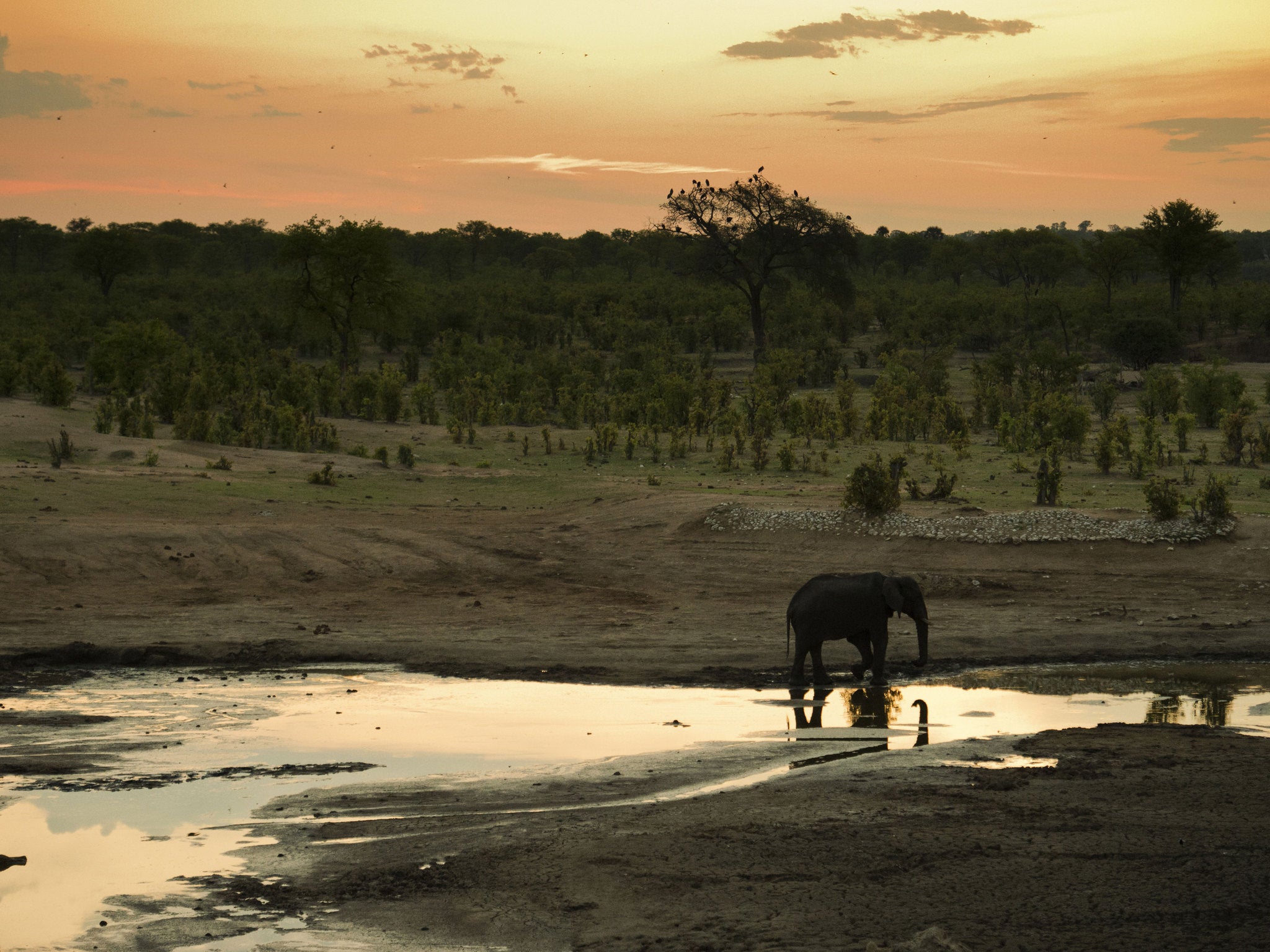
Your support helps us to tell the story
From reproductive rights to climate change to Big Tech, The Independent is on the ground when the story is developing. Whether it's investigating the financials of Elon Musk's pro-Trump PAC or producing our latest documentary, 'The A Word', which shines a light on the American women fighting for reproductive rights, we know how important it is to parse out the facts from the messaging.
At such a critical moment in US history, we need reporters on the ground. Your donation allows us to keep sending journalists to speak to both sides of the story.
The Independent is trusted by Americans across the entire political spectrum. And unlike many other quality news outlets, we choose not to lock Americans out of our reporting and analysis with paywalls. We believe quality journalism should be available to everyone, paid for by those who can afford it.
Your support makes all the difference.While the world mourned Cecil, the 13-year-old lion that was allegedly shot by an American hunter in Zimbabwe, an even more devastating poaching incident was quietly carried out in Kenya.
Poachers killed five elephants in Tsavo West National Park on Monday night. The carcasses were recovered by rangers on Tuesday morning — what appeared to be an adult female and her four offspring, their tusks hacked off.
Louis Theroux: 'Cecil the lion deserved to live'
Comment: white men go to Africa to prove their manhood
While the killing of the lion in Zimbabwe has attracted the world’s attention, the death of the five elephants has received almost no coverage, even though elephants are under a far greater threat from poachers than lions. Their tusks can be sold in Asia for more than $1,000 per pound.
“It’s just devastating,” said Paul Gathitu, a spokesman for Kenya Wildlife Service. “It took us completely by surprise.”
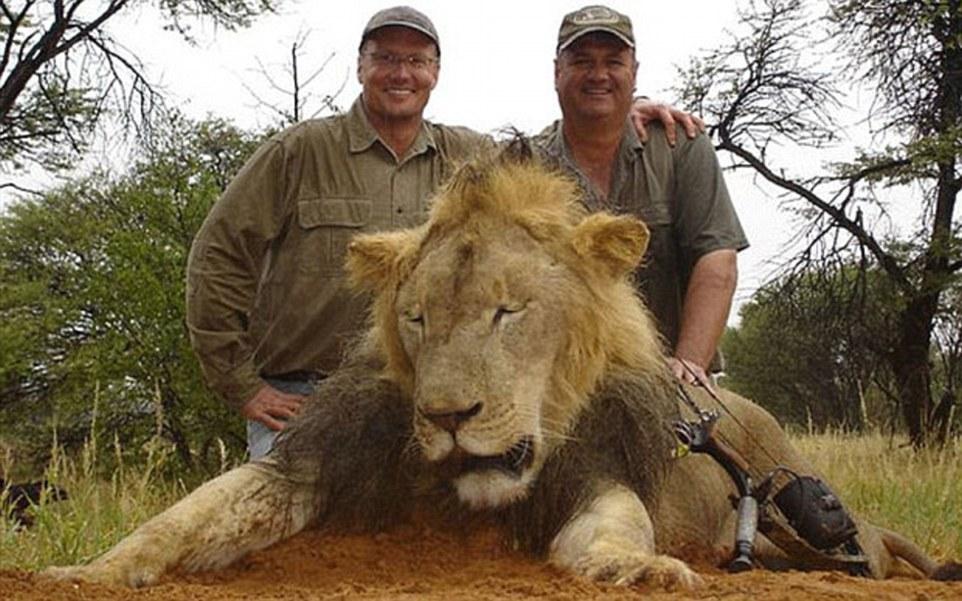
Kenyan investigators say the poachers crossed the border from neighboring Tanzania, slaughtered the elephants and then quickly returned to their base, making them difficult to track. Tsavo stretches along the border for more than 50 miles.
Comment: Few are willing to say just how bad the poaching crisis is
Comment: Why conservation is about forging a friendship
Rangers heard gunshots ring out on Monday evening. They searched all night through the vast park and discovered the carnage the next morning. There was blood and loose skin where the tusks were cut off. Kenyan authorities say the poachers escaped on motorcycles, carrying their loot.
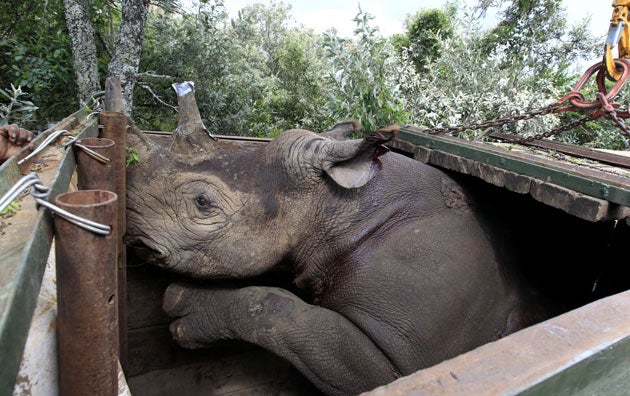
In recent years, the poaching of elephants has increased exponentially because of the demand for ivory in Asia, where it's used for unproven medicinal purposes. Between 2010 and 2012, poachers killed more than 100,000 African elephants — a level of destruction that put the species on the road to extinction. Unlike many other animals, elephants mourn the death of their brethren, wrapping their trunks around the bones or carcasses of the deceased.
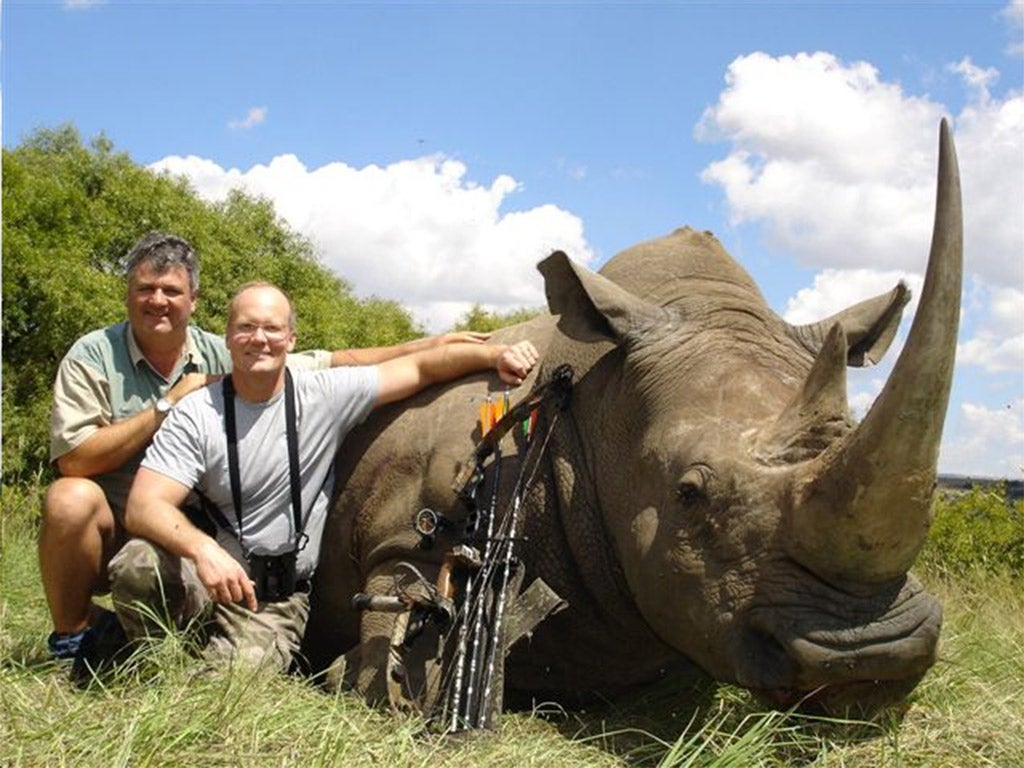
While the African lion population is also under threat, it is largely because their habitats are being destroyed by farmers and developers, not because the animals are hunted.
Kenyan authorities say they were making progress in the fight against poachers before the recent killing at Tsavo. Last year, the government deployed 550 new rangers. Advances in technology have allowed researchers to monitor herds using GPS trackers, gauging when they might be under threat based on their movement and speed.
“We’ve increased our intelligence and our operations. We were having success,” Gathitu said. “That’s why we’re so surprised.”
In Tsavo, investigators are searching for the men who killed the five elephants. Two suspects have been arrested. Security officials found a bloodstained ax and a hacksaw in one of their homes.
It’s not just Kenya where mass elephant killings occur. In Congo, 30 elephants were killed in 15 days earlier this year in Garamba National Park. The illegal wildlife trade is valued at $7 billion to $10 billion annually.
US dentist who shot Cecil the lion apologises
Presidential candidate compares Cecil outrage to 'dead babies'
“We are in an elephant crisis right now,” Iain Douglas-Hamilton, the founder of Save the Elephants, a nongovernmental organization, told The Post recently.
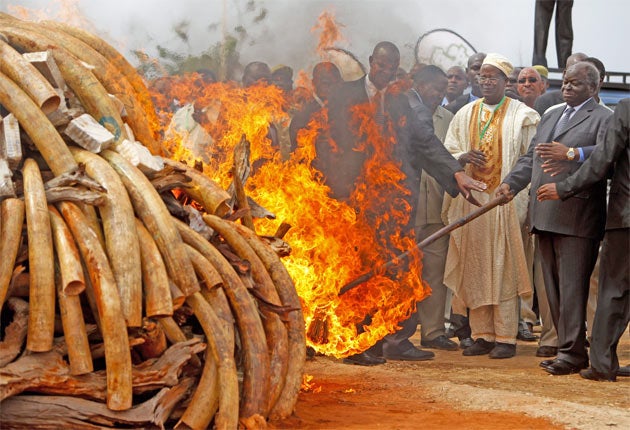
Just two days before the Tsavo elephants were killed, President Obama announced during a visit to Kenya that he would introduce more restrictions in the United States to diminish the market for ivory there. The regulation would prevent the sale of ivory from African elephants across state lines.
But the United States makes up only a fraction of the international ivory market, and regulations in Asia remain loosely enforced.
©Washington Post
Join our commenting forum
Join thought-provoking conversations, follow other Independent readers and see their replies
Comments